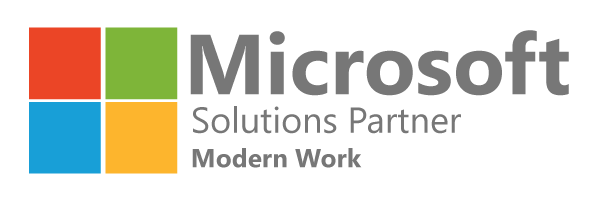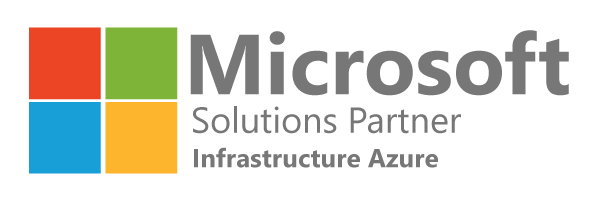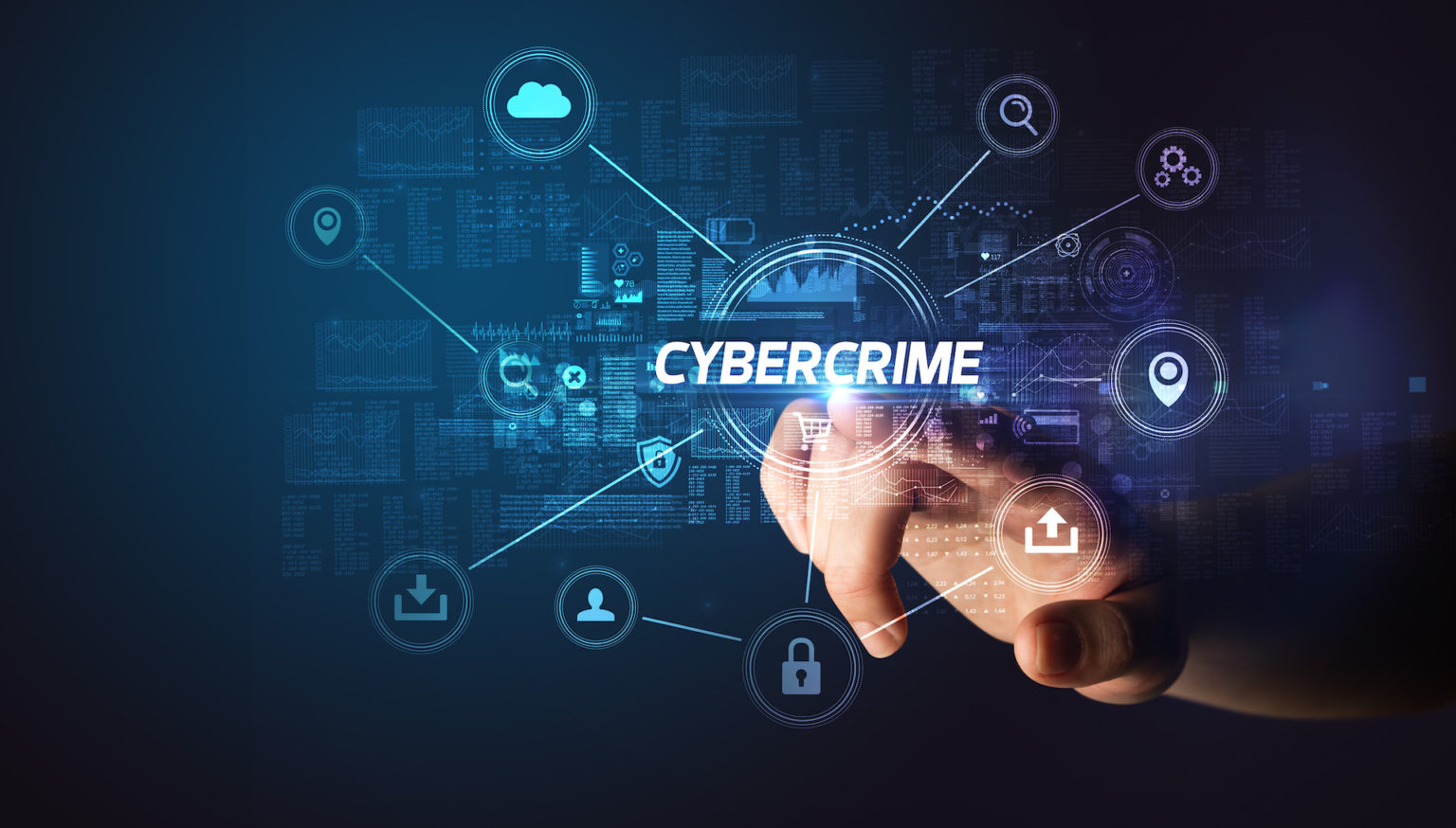Using the knowledge of over 20 years of partnering with local doctors and their practices, WheelHouse IT provides valuable cybersecurity services for healthcare companies that don’t get in the way of your operations.







Robust cybersecurity is crucial in healthcare to protect patient information. WheelHouse IT offers tailored solutions to safeguard data from sophisticated cyber threats. Implementing firewalls, encryption protocols, and regular risk assessments are essential. Training healthcare professionals on identifying threats and complying with security protocols is vital. Prioritizing data security helps uphold trust in organizations. Proactive measures like solid access controls and intrusion detection systems are crucial. WheelHouse IT focuses on enhancing security posture and staying ahead of evolving cyber threats. Learn more about these imperative cybersecurity practices in the healthcare sector.


In today’s digital age, cybersecurity is crucial in the healthcare industry to protect sensitive patient information from cyber threats. The importance of cybersecurity can’t be overstated, as data breaches and cyber-attacks pose significant risks to patient privacy.
Ensuring robust cybersecurity measures is essential for effective risk management and regulatory compliance within the healthcare sector. With the increasing digitization of medical records and the reliance on interconnected devices, healthcare organizations must prioritize cybersecurity to safeguard patient data.
Failing to address cybersecurity adequately can lead to severe consequences, including compromised patient information and reputational damage. Therefore, investing in robust cybersecurity measures is imperative for healthcare organizations to mitigate risks and uphold the trust and confidentiality of patient data.
Transitioning from the importance of cybersecurity in the healthcare industry, healthcare organizations can enhance their security posture by implementing robust cybersecurity solutions. In today’s digital landscape, where cyber threats continue to target the healthcare sector, organizations must prioritize data protection and patient safety.
By deploying advanced cybersecurity solutions tailored to the specific needs of healthcare organizations, such as robust firewalls, encryption protocols, and intrusion detection systems, entities can significantly reduce the risk of data breaches and unauthorized access.
Conducting regular risk assessments to identify vulnerabilities and implementing proactive measures can further fortify healthcare organizations’ overall cybersecurity posture, ensuring the confidentiality, integrity, and availability of sensitive patient information.


Amid the evolving landscape of cybersecurity threats, equipping healthcare professionals with specialized training is crucial to safeguard patient data and uphold confidentiality.
In the healthcare sector, where sensitive information is constantly exchanged, it is paramount to ensure that staff are well-versed in cybersecurity. Training programs should cover a range of topics, including how to identify and respond to cyber threats, implement robust security protocols, and understand compliance requirements for data protection.
By enhancing the knowledge and awareness of healthcare professionals in cybersecurity, organizations can significantly reduce the risks of data breaches and maintain the trust of their patients.
Continuous education and reinforcement of security best practices are essential to fortifying the resilience of the healthcare industry against evolving cyber threats.
Ensuring robust data security measures is a fundamental priority for healthcare organizations when safeguarding patient information. Healthcare cybersecurity is crucial in protecting sensitive data, such as patient records, from cyberattacks like ransomware.
Healthcare systems are prime targets for cybercriminals due to the vast amount of valuable information they possess. The risks associated with data security breaches in healthcare can have severe consequences, including compromising patient confidentiality and disrupting medical services.
Implementing robust data encryption protocols, regular security audits, and employee training on cybersecurity best practices are essential to mitigate these risks. By prioritizing data security, healthcare organizations can bolster their defenses against potential cyber threats and uphold the trust placed in them by patients.


To effectively protect healthcare systems, we must understand the evolving landscape of cybersecurity threats. Healthcare cybersecurity is facing increasingly sophisticated cyberattacks targeting hospitals and healthcare facilities. These institutions hold valuable patient data, making them prime targets for malicious actors.
Network systems and software vulnerabilities pose significant risks to data protection within healthcare settings. Cybersecurity threats evolve, requiring proactive measures to safeguard sensitive patient information. Healthcare facilities must stay vigilant against potential breaches and intrusions.
Implementing robust cybersecurity measures is essential to mitigate the risks posed by cyber threats and ensure the confidentiality and integrity of patient data remain intact.
As we examine healthcare data breaches, it becomes evident that malicious actors constantly threaten the security of patient information. Healthcare organizations, including hospitals, are prime targets for cyberattacks due to the sensitive nature of their data.
Data breaches in healthcare jeopardize patient privacy and undermine trust in the healthcare system. Cybersecurity measures play a crucial role in safeguarding this information, yet breaches continue to occur, highlighting the persistent challenges in this sector.
The impact of breaches can be far-reaching, affecting not only individual patients but also healthcare providers’ reputations and financial stability. Enhancing security protocols and staying vigilant against evolving threats are essential in mitigating the risks posed by data breaches.


When addressing medical device security, it’s crucial to prioritize protecting these essential tools in the healthcare setting. Hospitals and healthcare facilities must safeguard medical device security to prevent cyber threats and vulnerabilities.
Healthcare cybersecurity is paramount to ensure the integrity of patient data, the smooth operation of medical equipment, and the overall safety of patients. Cybersecurity risks in this area can have severe consequences, making data protection a top priority.
Securing electronic health records is a critical aspect of cybersecurity. Healthcare facilities must prioritize data protection to mitigate cybersecurity risks associated with electronic health records.
Ensuring HIPAA compliance is essential to safeguard patient information stored in electronic health records. Implementing robust network security measures is crucial to prevent unauthorized access to sensitive data within healthcare facilities.
Protecting patient privacy is a fundamental responsibility in healthcare cybersecurity. Maintaining HIPAA compliance, safeguarding electronic health records, and ensuring patient confidentiality are crucial to healthcare data security.
Cybersecurity threats pose a significant risk to patient privacy, making robust data protection measures essential. Healthcare organizations must prioritize patient privacy by implementing robust cybersecurity protocols to prevent unauthorized access to sensitive information.
Regular training for staff on maintaining patient confidentiality and recognizing potential security breaches is vital in upholding patient privacy standards. By staying vigilant and proactive in addressing cybersecurity risks, healthcare providers can uphold patient trust and protect sensitive data from falling into the wrong hands.


Implementing robust cybersecurity measures is essential for effectively preventing ransomware attacks in healthcare settings. Ransomware prevention is crucial in healthcare to safeguard patient data, maintain operations, and protect against cyber threats.
Hospitals must prioritize cybersecurity to ensure data protection and maintain trust with patients. By implementing comprehensive security measures, such as regular software updates, employee training on recognizing phishing attempts, and utilizing advanced IT solutions like endpoint protection and intrusion detection systems, healthcare organizations can bolster their defenses against ransomware attacks.
Proactive measures, like conducting regular security audits and implementing strong access controls, are critical components of a robust cybersecurity strategy. Prioritizing ransomware prevention is vital in safeguarding sensitive healthcare data and ensuring uninterrupted patient care.
Maintaining a secure network is essential for safeguarding healthcare data and preserving operational integrity in the face of cyber threats. Healthcare facilities, such as hospitals, are prime targets for cyber threats due to the sensitive nature of the data they handle. Adequate network protection is crucial in mitigating cybersecurity risks and ensuring data security within these organizations.
Implementing robust IT solutions, including firewalls, intrusion detection systems, and encryption protocols, can fortify network defenses against malicious actors. Regular security audits and updates are vital to stay ahead of evolving cyber threats. Organizations can enhance security by prioritizing network protection in healthcare cybersecurity strategies and safeguarding patient information.

To ensure compliance with HIPAA regulations in cybersecurity, we regularly update security protocols, conduct risk assessments, provide staff training, encrypt data, and monitor network activity. Compliance is a top priority for us.
We prioritize patient data protection when using mobile devices by implementing encryption, strong passwords, regular updates, and secure Wi-Fi connections. We also undergo training to recognize phishing attempts and report any suspicious activity promptly.
Securing medical devices in healthcare facilities is crucial. We implement robust cybersecurity measures like network segmentation, regular software updates, and access control. These steps ensure patient data protection and effectively minimize cyber threats.
We respond to cybersecurity incidents by swiftly assessing the impact, containing the breach, and notifying appropriate stakeholders. Our team collaborates to restore systems, implement security enhancements, and conduct thorough post-incident evaluations to prevent future breaches.
We should stay vigilant about emerging cybersecurity threats in healthcare. Ransomware attacks, data breaches, and IoT vulnerabilities pose risks. Implementing robust security measures, regular training, and staying informed on the latest threats are crucial for safeguarding sensitive data.
Even if you’ve implemented a HIPAA-compliant Electronic Medical Records (EMR) system, it’s not enough to guarantee your practice’s overall HIPAA compliance. Complying with HIPAA involves more than just your EMR...
Technology revolutionizes your healthcare experience by improving disease diagnosis, treatment, and prevention. Tech advancements like AI, wearable devices, and mobile health apps optimize diagnostics, enhance patient care, and manage health...
The Challenge in Private Healthcare Practices In the increasingly digital world of private healthcare practices, the dual challenges of protecting sensitive patient information and ensuring uninterrupted care have never been...
As we edge closer to the critical date of February 29, 2024, healthcare organizations are reminded of the looming deadline for reporting small healthcare data breaches, specifically those involving fewer...
The Health Insurance Portability and Accountability Act (HIPAA) lays out three rules for protecting patient health information, namely: The Privacy Rule The Security Rule The Breach Notification Rule A national...
Technology has improved significantly in the last ten years. It appears that almost everything can be accomplished with the simple press of a button. This is especially true in the...
Let’s talk about Microsoft Teams and how it helps keep our information safe. Microsoft Teams is a special tool that people use to communicate and share information, especially in places...
Email encryption is a method that converts data that is readable into something that is not readable in the hope of preserving the privacy of the data. If used in...
Send us an email at [email protected]
"*" indicates required fields
Watch the video below and find out why you should fill out this form and start a conversation today.
"*" indicates required fields